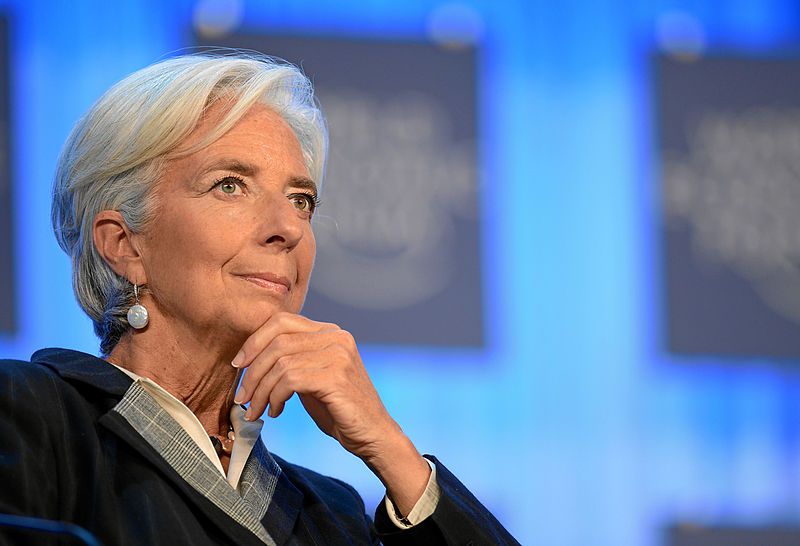IMF supports the ECB’s monetary policy

The director of the IMF, Christine Lagarde, has intervened yesterday in "strong support" of the European Central Bank's monetary policy, the subject in recent days of heavy criticism of the German Finance Minister, Wolfgang Schaeuble. Although hardly the differences can be ironed out – the minister has long been opposed to the "excessive liquidity" created by the measures of the ECB and the low interest rate policy – the face-to-face responds wing probably need to tone it down, who recently taken by the virulent characteristics of the establishment and of the German media.
The IMF chief said the accommodative monetary policy was "a crucial role in the recovery," and even negative interest rates (the ECB adopted on deposits of banks with the institution of Frankfurt) are, all things considered , which is positive and can help. "We strongly support the decisions taken by the ECB – said Ms. Lagarde – inflation is very low. The growth is lower than the potential. So we believe that an innovative monetary policy is legitimate.
" The IMF chief admitted that there are possible side effects, in particular on banks' margins, and that negative rates can not continue forever, but wondered: without these decisions, "there would be less growth, less credit, fewer jobs? ".
The case of Greece is emerging as another hot topic of the meetings. After the suspension of the talks in Athens last week, Ms. Lagarde has once again put into question the system of the agreement reached last July for the third bailout and that the IMF has so far signed. The primary surplus of the public accounts of 3.5% by 2018, can perhaps be achieved through "heroic" efforts of the greek people, but it can not be stably maintained for decades, said the head of the Fund. "The program has to be realistic and sustainable," he said, reiterating that must be composed of two elements, the reforms by Athens and the restructuring of debt held by European countries.
The tougher opposition on this point comes from Germany, but insists that the IMF must participate in the rescue of Greece. The two positions seem irreconcilable at the time, even if the goal is to try to bring them closer in the talks these days in Washington.

